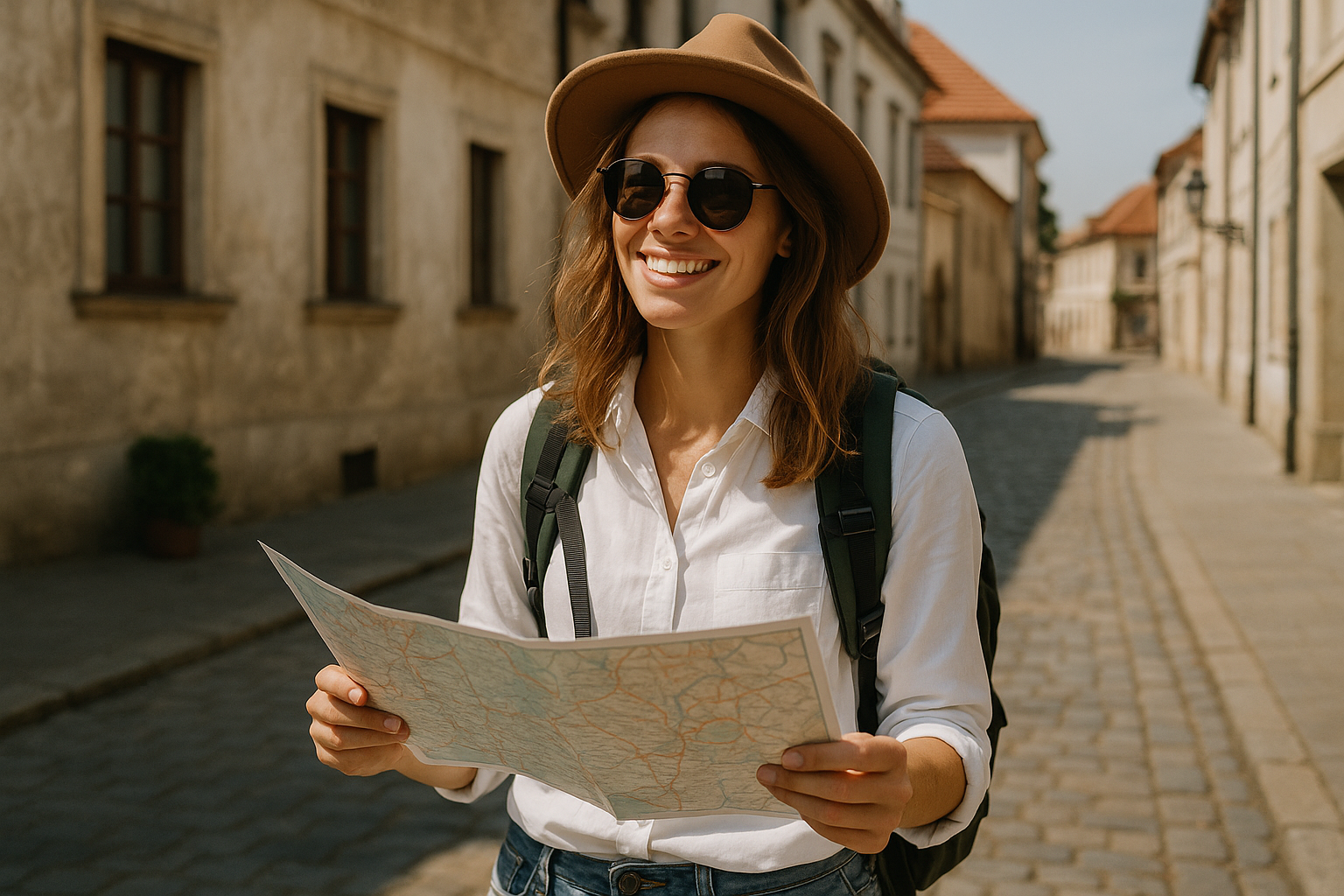Traveling alone can be a life-changing experience. It offers freedom, self-discovery, and the chance to explore the world at your own pace. However, solo travel also comes with unique challenges. Proper planning and a thoughtful approach can help ensure a safe, enjoyable, and empowering journey.
Whether you’re a seasoned adventurer or a first-time solo traveler, this guide will walk you through essential tips to help you plan a memorable solo trip with confidence and peace of mind.
Why Travel Solo?
Solo travel isn’t just a trend—it’s a powerful way to connect with the world and yourself. Here are a few reasons why many people are choosing to explore alone:
- Total freedom: Go wherever you want, whenever you want.
- Personal growth: Face new situations, build confidence, and learn to rely on yourself.
- Opportunities to meet new people: Solo travelers often connect more easily with locals and other travelers.
- Mindfulness: Experience your surroundings fully without distractions.
Choosing the Right Destination
Not all places are equally suited for solo travel, especially for beginners. When selecting a destination, consider these factors:
- Safety: Check travel advisories, crime rates, and health alerts.
- Ease of transportation: Look for countries or cities with reliable public transit and good infrastructure.
- Language barriers: If you’re not comfortable with foreign languages, opt for destinations where English is widely spoken.
- Travel culture: Some regions are more accustomed to solo travelers and offer a more welcoming environment.
Recommended destinations for solo travelers:
- Lisbon, Portugal
- Kyoto, Japan
- Reykjavik, Iceland
- Melbourne, Australia
- Quebec City, Canada
Creating a Travel Itinerary That Works for One
When you’re traveling alone, you don’t need to follow anyone else’s schedule—but it still helps to have a plan. A well-balanced itinerary will prevent stress and enhance your experience.
Tips for building a solo itinerary:
- Mix structure with spontaneity: Plan main attractions but leave room for exploration.
- Avoid overloading your schedule: Too many activities can lead to burnout.
- Research opening hours and ticket policies: Some places require advance reservations.
- Save emergency contacts and maps offline: You might not always have internet access.
Booking Accommodations Wisely
Where you stay matters more when you’re alone. Prioritize safety, comfort, and opportunities to connect with others.
Types of solo traveler-friendly accommodations:
- Hostels: Great for meeting people, but check for private room options if you prefer quiet.
- Guesthouses or homestays: More personal and culturally immersive.
- Hotels with concierge or 24/7 reception: Helpful for questions or emergencies.
Always read reviews carefully and verify location details. Look for mentions of safety, cleanliness, and accessibility to key areas.
Staying Safe as a Solo Traveler
Safety is the top concern for many solo travelers, and rightfully so. Being aware and prepared makes a huge difference.
Important safety tips:
- Share your itinerary: Let friends or family know your travel plans.
- Stay in well-reviewed areas: Avoid sketchy neighborhoods, especially at night.
- Avoid over-sharing: Be friendly, but don’t reveal too much personal info.
- Carry a portable phone charger: Don’t risk being stranded with no battery.
- Trust your instincts: If something feels off, leave immediately.
Consider using a safety app like bSafe, TripWhistle, or GeoSure to stay alert and prepared.
Eating and Dining Alone
Dining solo might seem awkward at first, but it can actually be one of the most enjoyable aspects of traveling alone.
Tips to make solo dining enjoyable:
- Eat at bars or counters: Less formal and easier to strike up conversations.
- Bring a journal or book: It gives you something to do without being glued to your phone.
- Try local food tours or cooking classes: These are social and enriching.
- Embrace the freedom: Order whatever you want and eat on your own time.
Making Connections on the Road
Solo doesn’t mean isolated. There are many ways to connect with fellow travelers and locals without compromising your independence.
Great ways to meet people:
- Join group tours or day trips
- Use travel apps like Couchsurfing Events, Meetup, or Backpackr
- Stay at hostels or communal lodgings
- Take part in volunteer opportunities
Just remember to stay cautious when meeting new people. Always meet in public places and trust your instincts.
Managing Money and Important Documents
Handling finances solo requires a bit of strategy. There’s no one else to bail you out if you forget something important.
Must-do money safety tips:
- Use a travel money card or prepaid card to avoid foreign exchange fees.
- Carry small amounts of local currency for emergencies or cash-only locations.
- Keep copies of important documents: passport, ID, insurance, tickets.
- Use hotel safes or money belts to protect valuables.
Consider signing up for travel-friendly banking apps that offer easy currency exchange, no ATM fees, and mobile support.
Enjoying Your Own Company
This might be the most important part of solo travel: learning to enjoy your own presence. It’s a rare opportunity to slow down, reflect, and truly observe the world around you.
Ideas to stay mentally and emotionally balanced:
- Start a travel journal or blog
- Meditate in scenic spots
- Set personal goals for each trip
- Take long walks with no agenda
You may discover new passions or rediscover parts of yourself you’d forgotten.
Final Thoughts: Why You Should Take That Solo Trip
Planning and taking a solo trip can feel intimidating, but the rewards are immense. From the freedom to make every decision to the confidence you’ll gain navigating the world on your own, solo travel is one of the most enriching adventures you can experience.
Whether it’s a weekend getaway or a month-long international expedition, your solo trip has the potential to inspire growth, create unforgettable memories, and remind you just how capable you really are.
